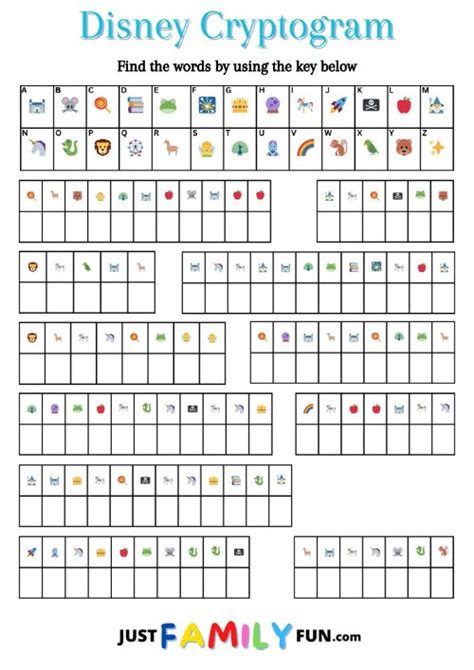Ever felt that itch for a real mental workout, something more satisfying than scrolling aimlessly? That’s where cryptogram puzzles come in! For me, cracking a tough cryptogram is pure gold. I remember the first time I finally deciphered a particularly stubborn quote – it was an obscure philosophical line that had me stumped for days. The "aha!" moment felt like a mini-victory parade in my brain, a genuine thrill of intellectual triumph.
If you’re reading this, you’re probably looking for that same buzz, or maybe you just want a fun, free, and accessible way to sharpen your mind. You’ve come to the right place. We’re about to explore the wonderful world of cryptogram puzzles that you can print right from your home, tailored for everyone from curious beginners to seasoned code-breakers. Get ready to stretch those mental muscles and discover your next favorite brain challenge!
---
The Starter Kit: Easy Cryptograms for Beginners
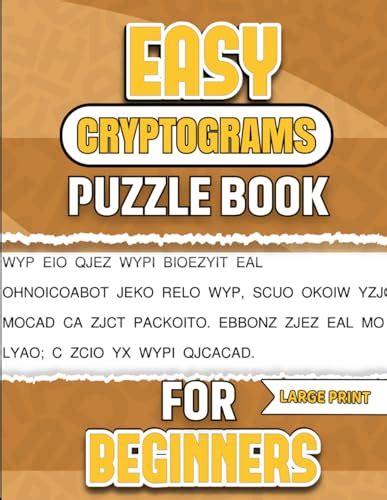
If you’re just dipping your toes into the fascinating world of code-breaking, these cryptograms are your best friends. They often use common letters (like E, T, A, O, I, N, S, H, R), shorter phrases, and well-known quotes. Think of them as your training wheels for decoding. The goal here is to get comfortable with frequency analysis and pattern recognition without getting overwhelmed.
- Famous Sayings & Proverbs: Short, impactful phrases that are often easier to guess once a few letters are revealed. Ideal for building confidence.
- Simple Puns & Jokes: These often have predictable structures and common words, making them highly approachable.
- Nursery Rhymes & Children's Songs: Familiar patterns and vocabulary make these perfect for a gentle introduction. I used one of these when teaching my niece about substitution ciphers – she was beaming when she cracked "Twinkle, Twinkle Little Star!"
- Single-Sentence Quotes: Straightforward sentences from well-known figures. Look for repeating words or short, common words like "the," "a," "and."
- Basic Word Puzzles: Cryptograms where the solution is a single word or a short list of related words.
Stepping Up: Intermediate Challenges

Ready to push a little further? Intermediate cryptograms often feature longer sentences, slightly less common quotes, or might include a few less obvious letter substitutions. You'll need to rely more on your frequency analysis charts and start looking for common word patterns (like "ing," "tion," "th"). This is where the real detective work begins!
- Literary Quotes (Mid-Length): Passages from classic literature or famous authors. These can be trickier but immensely satisfying to solve.
- Historical Facts & Trivia: Learn something new while you decode! These often contain names or dates that, once revealed, can unlock other parts of the puzzle.
- Pop Culture References: Movie lines, song lyrics, or quotes from TV shows that are popular but not universally known. My personal favorite strategy here is to think of common movie titles or character names once I get a few letters.
- Humorous Anecdotes: Longer, multi-sentence jokes or funny stories that require sustained attention and a good grasp of context.
- Themed Puzzles: Cryptograms centered around a specific topic (e.g., animals, space, sports), which can help narrow down your guesses.
Brain Busters: Expert-Level Cryptograms
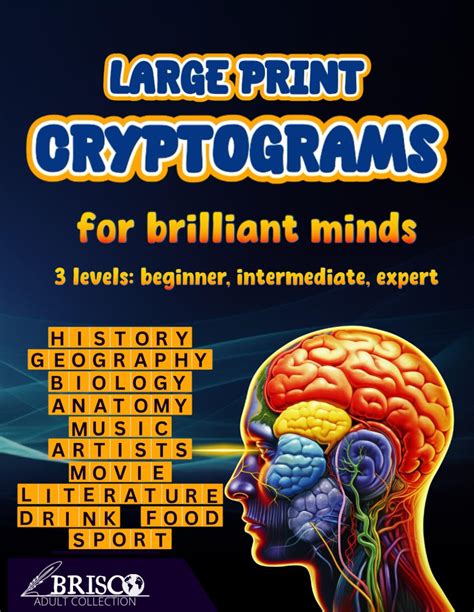
Welcome to the big leagues! Expert-level cryptograms throw everything at you: long passages, less common letter usage, and sometimes even archaic language or obscure quotes. These are for the true enigma enthusiasts who love to spend hours meticulously chipping away at a puzzle. Be prepared to use advanced frequency analysis, dig deep for contextual clues, and embrace the grind.
- Obscure Philosophical Quotes: Long, complex sentences from lesser-known thinkers. These truly test your vocabulary and contextual understanding.
- Historical Documents (Excerpts): Portions of old speeches, letters, or treaties. The language can be challenging, but solving them feels like uncovering history.
- Multi-Paragraph Passages: Full paragraphs of text, requiring you to maintain consistency across many sentences and find repeating patterns over a larger dataset. This is my absolute favorite type – the sheer volume of text offers more clues, but also more opportunities to make a wrong turn early on. Trust me, you don’t want to mess this up by misidentifying a common letter!
- Quotes with Uncommon Punctuation/Syntax: Cryptograms that play with sentence structure or include tricky punctuation, adding another layer of complexity.
- Riddles in Code: The solution isn't just a quote, but a riddle that you then need to solve *after* decoding. A two-in-one brain challenge!
Thematic Delights: Puzzles with a Twist
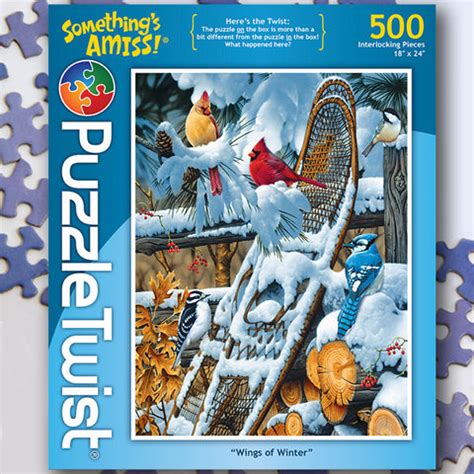
Sometimes, a cryptogram isn't just about the letters; it's about the theme! These puzzles offer an added layer of enjoyment by centering around specific subjects, making them perfect for special occasions, educational purposes, or just for enthusiasts of a particular niche.
- Holiday Themed: Quotes or messages related to Christmas, Halloween, Thanksgiving, etc. Great for seasonal fun.
- Nature & Wildlife: Facts about animals, plants, or natural phenomena. Perfect for nature lovers.
- Science & Technology: Quotes from famous scientists, scientific facts, or tech-related musings. I once used a series of science-themed cryptograms for a team-building exercise at a tech company – it was a huge hit!
- Travel & Geography: Quotes about destinations, famous landmarks, or interesting geographical facts.
- Food & Drink: Puzzles about recipes, famous chefs, or culinary history. A delicious challenge!
Family Fun: Printable Cryptograms for All Ages
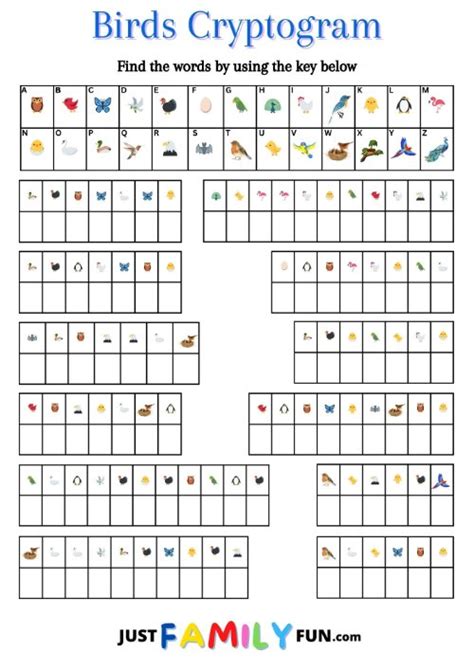
Cryptograms aren't just for solitary brainiacs! They're fantastic for family game nights, car trips, or even as educational tools. These puzzles are designed with accessibility in mind, ensuring everyone from curious kids to wise grandparents can join in the fun.
- Simple Word Associations: Puzzles where the solution involves a series of related words (e.g., types of fruit, colors).
- Shared Interests: Cryptograms based on popular children's books, movies, or cartoons. Knowing the context gives younger solvers a huge advantage.
- "Fill in the Blanks" Style: A few key letters are given to start, making it easier to jump in.
- Short & Sweet Jokes: Easy-to-decode jokes that offer immediate gratification and giggles.
- Educational Facts: Simple facts about history, science, or literature presented in an accessible format, turning learning into a game. This is my favorite approach for keeping kids engaged during long drives.
Party Perfect: Cryptograms for Group Play
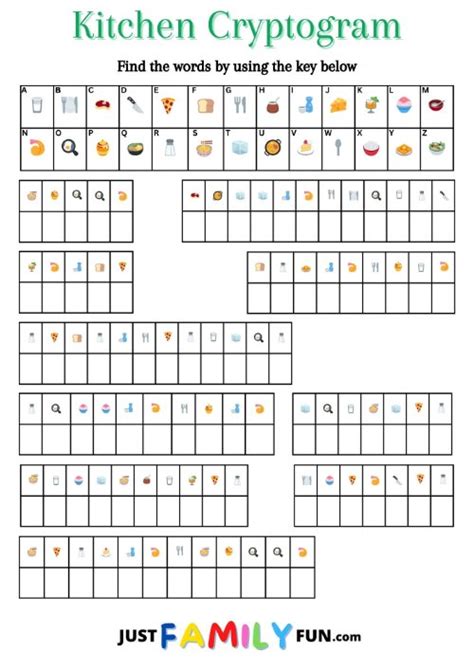
Looking for an engaging activity for your next gathering? Printable cryptograms can be adapted for parties, icebreakers, or even as unique scavenger hunt clues. These are designed to be collaborative, encouraging teamwork and shared "aha!" moments.
- Team Challenges: Longer cryptograms broken into sections, with each team or pair working on a different part before combining their efforts.
- Competitive Speed Solves: Shorter, punchy cryptograms where teams race to be the first to crack the code. Add a silly prize for the winner!
- Icebreaker Quotes: Fun, lighthearted quotes designed to get people talking and laughing.
- Clue-Based Puzzles: Use cryptograms as clues in a treasure hunt or escape room-style game. I once designed a birthday scavenger hunt where each clue was a cryptogram, leading to the next location. Panic ensued when a couple of teams got stuck, but the eventual triumph was glorious!
- Interactive Guessing Games: A large cryptogram displayed for the whole group, with people shouting out guesses as letters are revealed.
---
Tips for Solving Your Cryptogram Puzzles Like a Pro
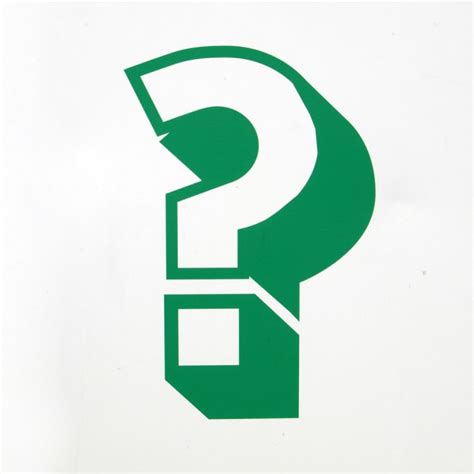
Ready to go from puzzled to pro? Here's what I've learned from countless hours of code-breaking. These tips will help you personalize your approach and tackle even the trickiest cryptograms.
1. Start with Short Words: Look for single-letter words (always 'A' or 'I'). Then, two-letter words ('TO', 'IS', 'IN', 'IT', 'AN', 'OF', 'ON', 'OR'). Three-letter words like 'THE', 'AND', 'FOR' are also goldmines.
2. Frequency Analysis is Your Friend: The most common letters in English are E, T, A, O, I, N, S, H, R. Count how often each coded letter appears in the puzzle and map it to this frequency list as a starting guess.
3. Look for Repeating Patterns: Common letter pairs (e.g., 'SS', 'LL', 'EE') or patterns like 'TH', 'ING', 'TION' can give away multiple letters at once.
4. Consider Punctuation: Apostrophes often indicate an 'S' or 'T' (e.g., 'IT'S', 'DON'T'). The end of a sentence might give clues about the last word.
5. Vowels First (My Personal Preference): This is my favorite strategy because it saves me countless times. Once you get a few vowels, the entire structure of the words starts to reveal itself. Identifying 'E' and 'A' early can often unlock half the puzzle!
6. Context is Key: If you're solving a cryptogram about space, words like "planet," "star," or "galaxy" are highly probable.
7. Work in Pencil (or digitally with an eraser!): You WILL make mistakes. Being able to easily correct your guesses is crucial.
Common Pitfalls: What to AVOID When Tackling Cryptograms
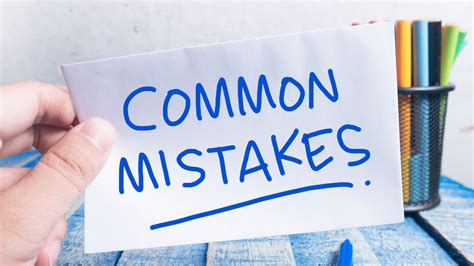
Even seasoned solvers fall into traps sometimes. Here’s what to watch out for to keep your decoding journey smooth and satisfying. Don’t be like me and make these mistakes – I've spent hours going down the wrong path!
- Don't Guess Randomly: Resist the urge to just plug in letters without a solid reason (like frequency or pattern). A single wrong guess can ripple through the entire puzzle and make it unsolvable.
- Avoid Over-Reliance on Initial Guesses: While frequency analysis is great, it's not foolproof. If a letter mapping isn't working out, be prepared to backtrack and try a different common letter for that position.
- Don't Ignore Small Words: It's tempting to focus on the big, impressive words, but the small words like "the," "and," "is" are often the most common and easiest to decipher, providing crucial anchors.
- Don't Give Up Too Soon: Cryptograms require patience. Sometimes, you just need a break to see the patterns with fresh eyes. Walk away for a bit and come back.
- Avoid Generic Clichés: If you're creating your own cryptograms, try to use unique or less obvious quotes to challenge others. For solving, be aware that many puzzles use very common quotes, but don't assume.
---
So there you have it! A comprehensive guide to finding, solving, and even enjoying printable cryptogram puzzles. Whether you're a complete novice looking for a new hobby or a veteran code-breaker craving a tough challenge, there's a cryptogram out there with your name on it. Now go forth, print some puzzles, and prepare for those glorious "aha!" moments. Happy decoding!
